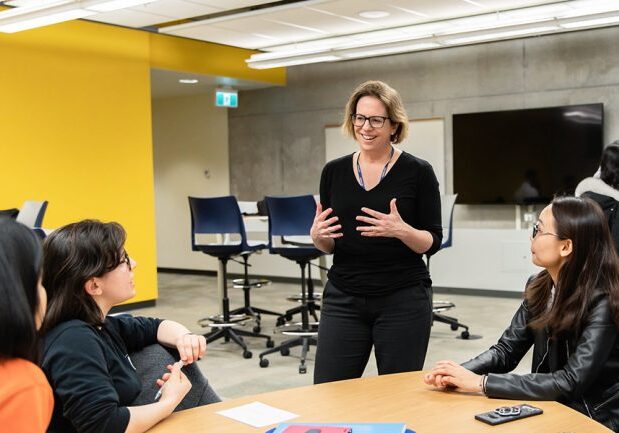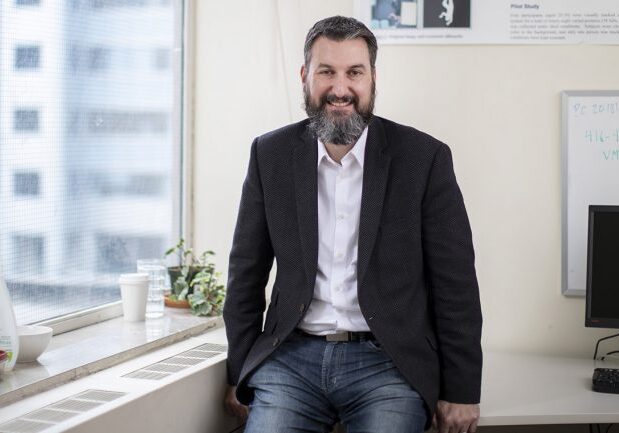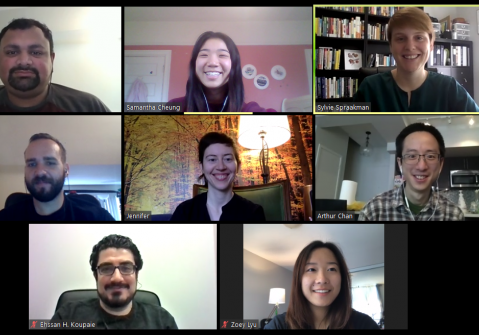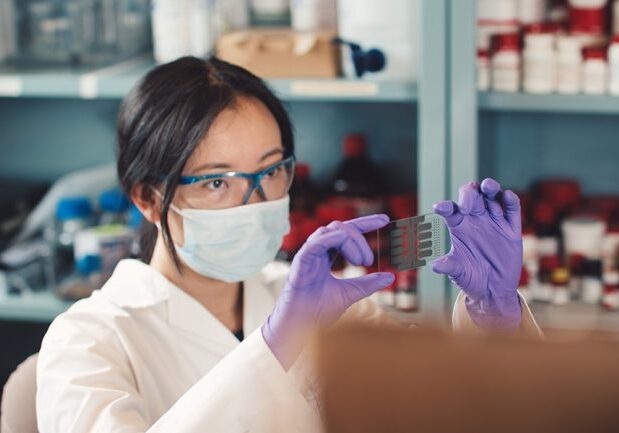
How to get more cancer-fighting nanoparticles to where they are needed
Study shows that by injecting above a certain threshold of nanoparticles, the tumour delivery improves vastly, from 0.7 percent to 12 percent

Five U of T Engineering grad students awarded Vanier Scholarships in recognition of research impact and leadership
Students will each receive $150,000 in support of their doctoral research in areas such as carbon capture and tissue engineering

Five U of T engineers elected into the Canadian Academy of Engineering
Body unites Canada’s most distinguished and experienced engineers to provide strategic advice on matters of critical importance to the country

Robotics for elder care: New joint centre fosters global collaboration
Researchers at U of T Engineering and Huazhong University of Science and Technology look to commercialize assistive robots that could address gaps in elder care in Canada and China

Milica Radisic receives Killam Fellowship
Award supports outstanding Canadian scholars across a wide range of fields

U of T Engineering set to host first-ever virtual research conference
With many projects paused during the pandemic, UTERC connects students with industry and alumni to further their academic development




